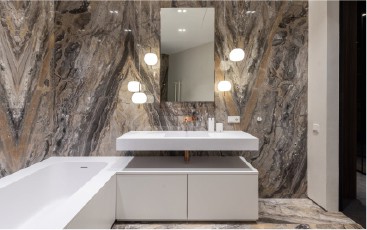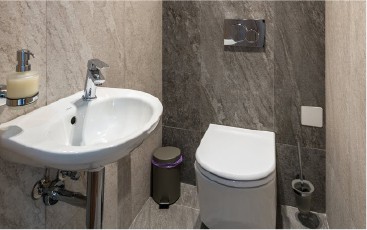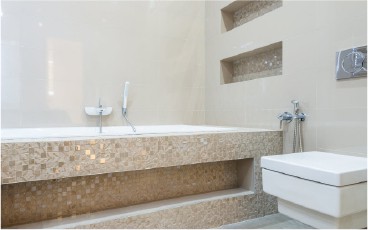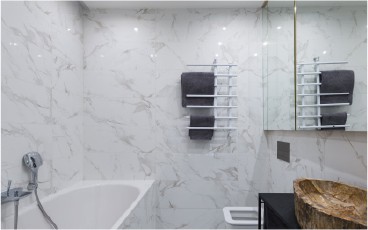Custom Home Building
In Las Vegas
Long ago, it was more common for people to build their own homes with materials they sourced on their own. It was also often done cheaply not to drain savings or be too difficult on those involved in building. In fact, some were even known to lend a helping hand rather than hire someone else that they had to pay with a lot of money.
Today, many people consider hiring a contractor instead of building themselves as homebuilders have become experts at making fantastic homes aesthetically and interiorly while still staying within budget due to efficient coordination and management of tradesmen and suppliers. They are skilled at coordinating all the different trades to work together to fit in with one another.
Get a free quote
"*" indicates required fields








